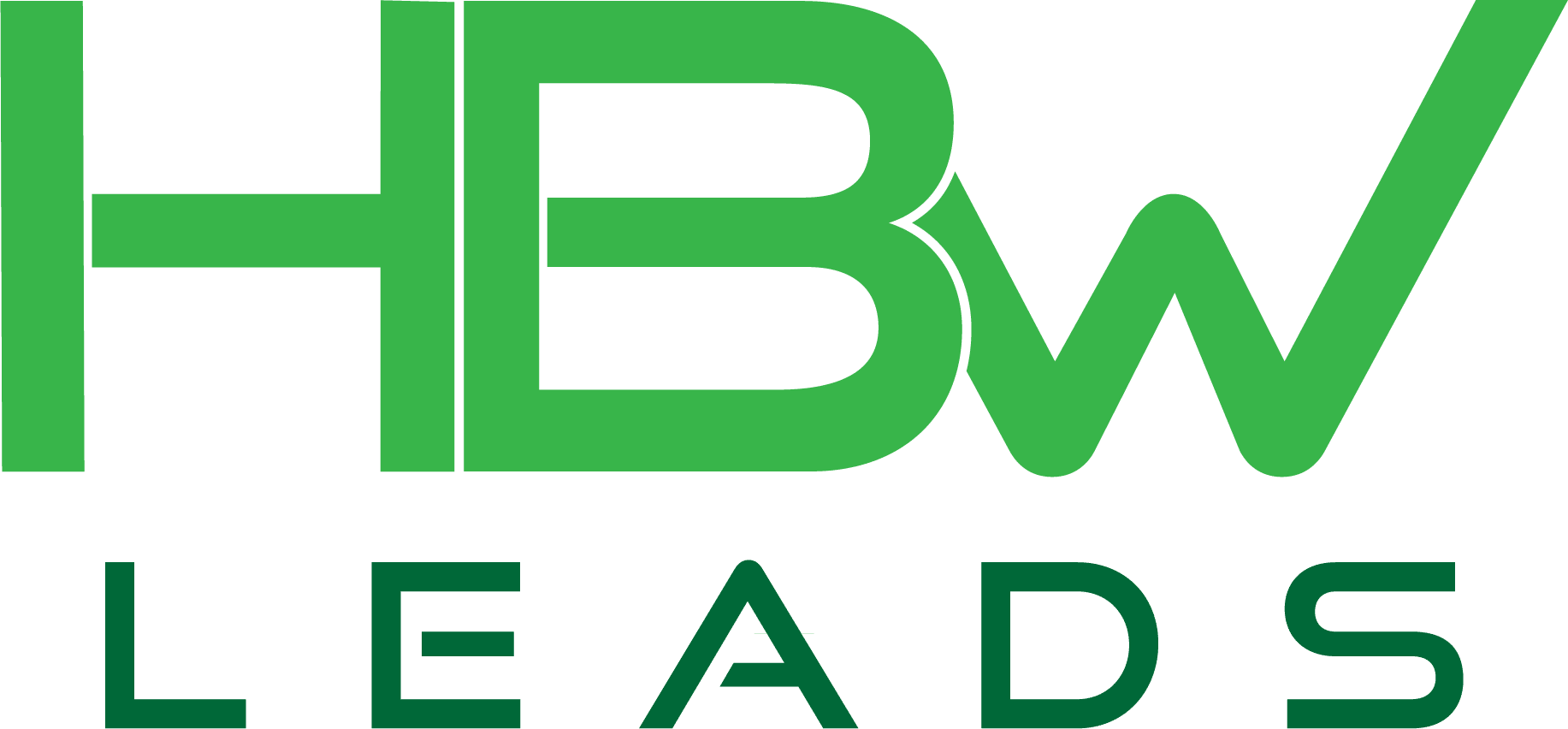Maintaining compliance with your insurance claim processing is not just a regulatory requirement, but a cornerstone of trust and reliability.
Compliance in insurance claim processing begins with a thorough understanding of the federal and state regulations that govern your operations. Laws such as the Affordable Care Act (ACA) and the Health Insurance Portability and Accountability Act (HIPAA) set strict guidelines on processing claims and handling policyholder information. Moreover, each state may have specific insurance laws, adding another layer of complexity.
As an agency owner, it’s imperative to regularly review these regulations, as they often evolve to adapt to new market dynamics and consumer protection needs. Furthermore, non-compliance can result in hefty fines, legal battles, and a tarnished reputation.
Discover 7 Ways You Can Stay on Top of the Compliance Requirements of Insurance Claim Processing.
There are several ways your agency can stay on top of compliance requirements and ensure your team operates within the legal framework.
1. Implement a Compliance Program
Developing an effective compliance program is essential. This involves designating a compliance officer or a dedicated team overseeing all compliance-related activities. Regular training sessions for your staff can ensure everyone is up-to-date with the latest regulations and understands their role in maintaining compliance. A well-structured compliance program serves as a roadmap for your team, delineating clear policies and procedures that align with regulatory requirements.
2. Adequate Documentation and Record-Keeping
Accurate and meticulous record-keeping forms the backbone of compliance. From claim forms to communication records with policyholders, every piece of documentation should be systematically organized and readily accessible. This not only aids in smooth insurance claim processing but also ensures that your agency can swiftly respond to any compliance audits or inquiries from regulatory bodies. Implementing digital solutions for record-keeping can significantly enhance efficiency and accuracy.
3. Streamline Claim Processing with Technology
Technology plays a pivotal role in upholding compliance. Modern claim processing software can automate many compliance aspects, reducing the likelihood of human error. These systems can perform automatic checks against regulatory standards during the claim processing stages, ensuring each claim is handled promptly. Data security measures must also be robust, as safeguarding policyholder information is a crucial aspect of compliance, especially in the wake of laws like HIPAA.
4. Regular Audits and Compliance Reviews
Conducting regular internal audits is critical to guarantee ongoing adherence to compliance standards. These audits help identify non-compliance areas, allowing your agency to address them proactively. Additionally, it’s vital to be prepared for external audits by regulatory bodies. This involves having a clear and organized documentation process and being ready to present evidence of your compliance measures. Following audit findings, swift implementation of corrective actions demonstrates your agency’s commitment to compliance.
5. Manage Consumer Complaints and Disputes
Compliance is not just about adhering to laws; it’s also about effectively managing consumer complaints and disputes. A transparent and efficient process for handling customer grievances is a part of maintaining compliance. It’s essential to have a straightforward procedure for dispute resolution, and equally crucial is the documentation and reporting of how these disputes are resolved. This helps not only maintain compliance but also build trust with your clients.
6. Keep Up With Industry Best Practices
Staying informed about industry trends and best practices is another crucial aspect of maintaining compliance. This includes engaging with industry associations, attending seminars and webinars, and networking with peers. These platforms offer insights into how other agencies manage compliance and provide updates on any impending regulatory changes. Being proactive in this aspect can set your agency apart as a leader in compliance adherence.
7. Build a Culture of Compliance
Lastly, fostering a workplace culture that values compliance is fundamental. This involves creating an environment where employees feel comfortable reporting potential non-compliance issues without fear of retribution. Encourage open communication and emphasize that maintaining compliance is everyone’s responsibility. A strong culture of compliance not only helps in adhering to regulations but also enhances your agency’s overall integrity and reputation.
In conclusion, maintaining compliance in insurance claim processing requires a multi-faceted approach. From understanding the ever-changing landscape of regulations and implementing a robust compliance program to leveraging technology and fostering a culture of compliance, each aspect plays a crucial role. As an insurance agency owner, your commitment to compliance safeguards your business against legal repercussions and reinforces your reputation as a trustworthy and reliable player in the industry.
For further reading and information, consider exploring resources provided by regulatory bodies, investing in compliance software tools, and subscribing to industry publications. Staying informed and prepared is the best defense against the complexities of compliance in the insurance industry.
Take the time you need to ensure your agency complies insurance industry regulations, and let our team bring in the leads. At HBW Leads, specialists call on your behalf to capture ideal prospects, so the prospecting work is done for you. Start boosting sales today.


